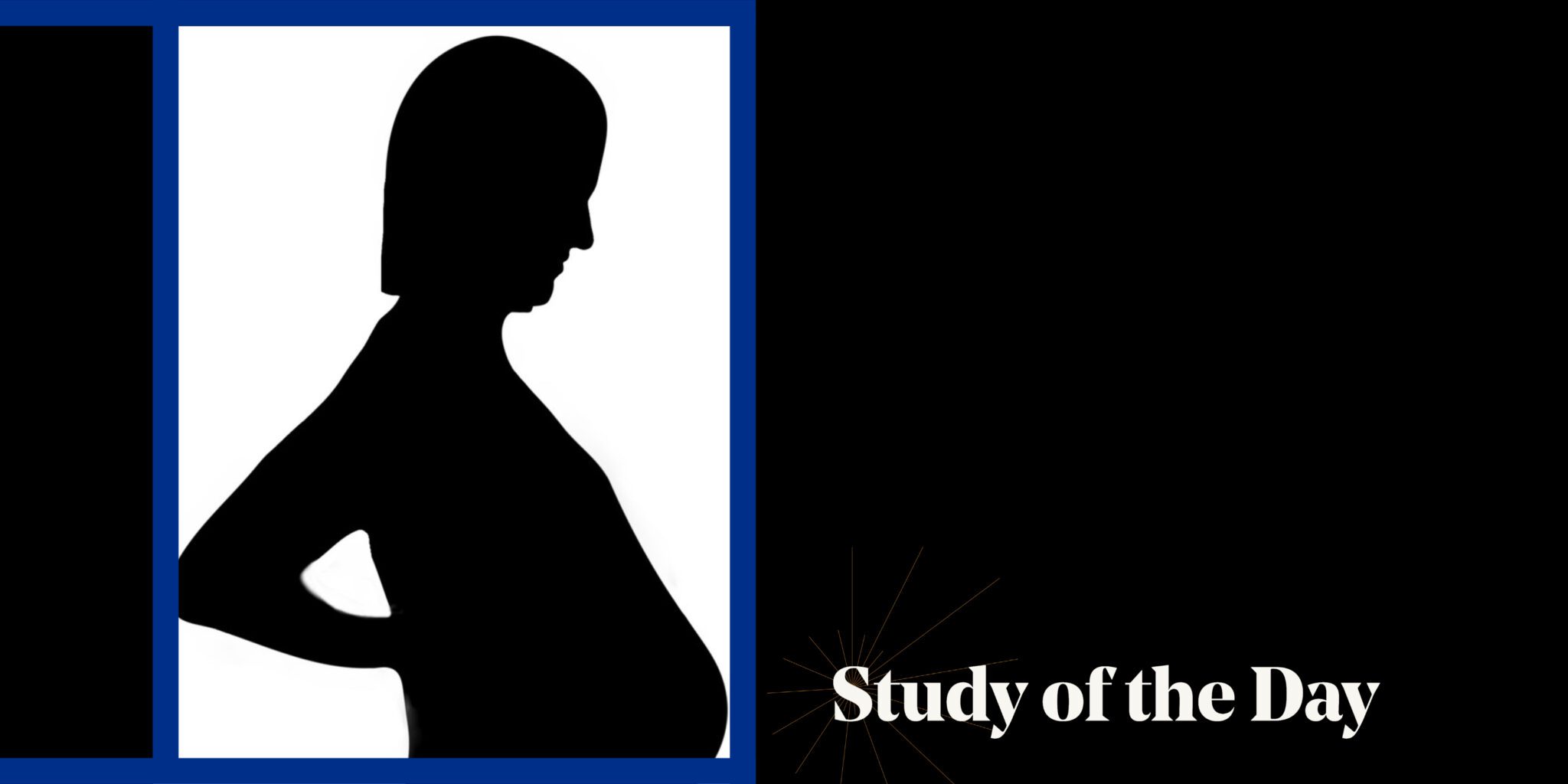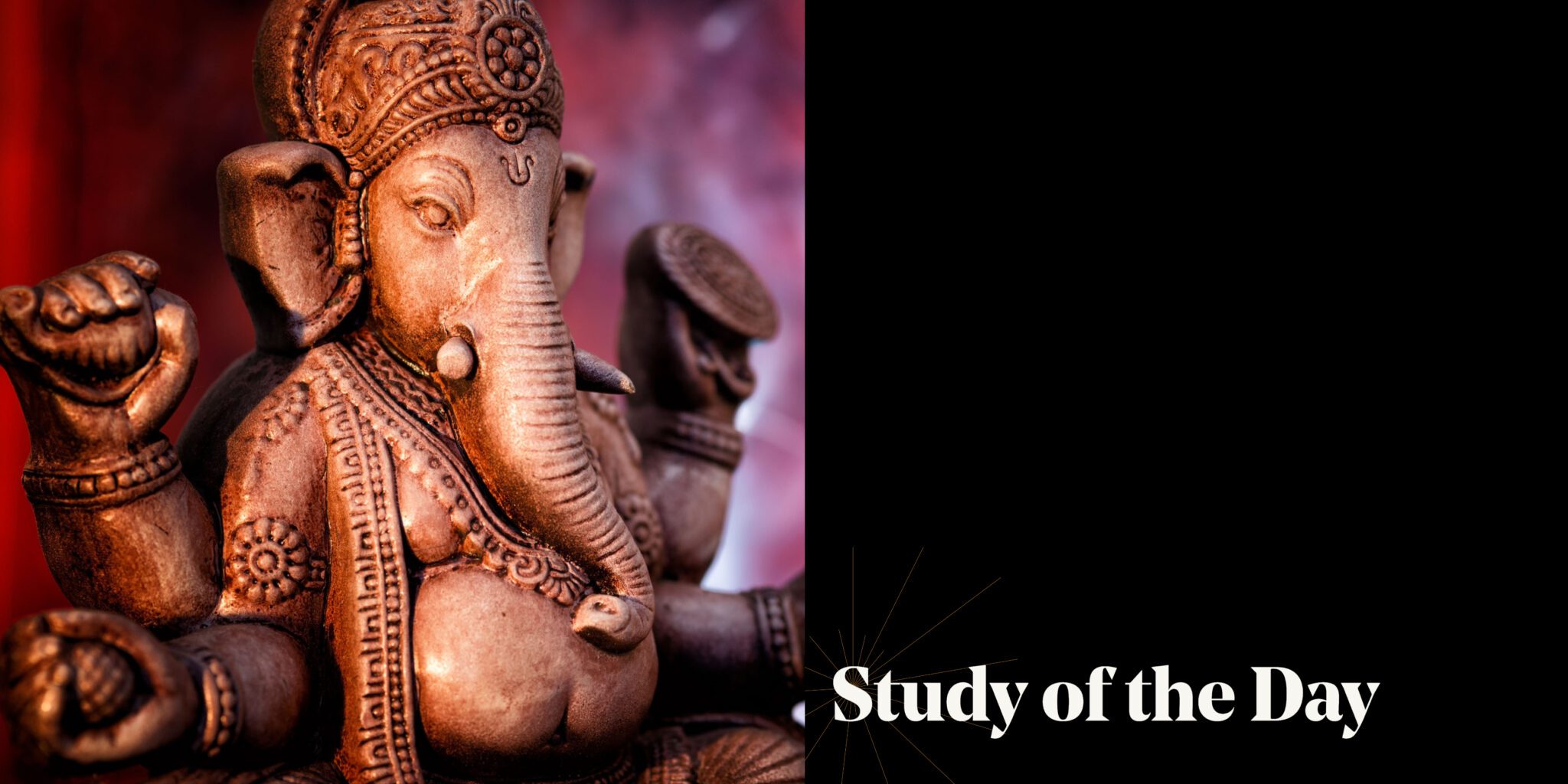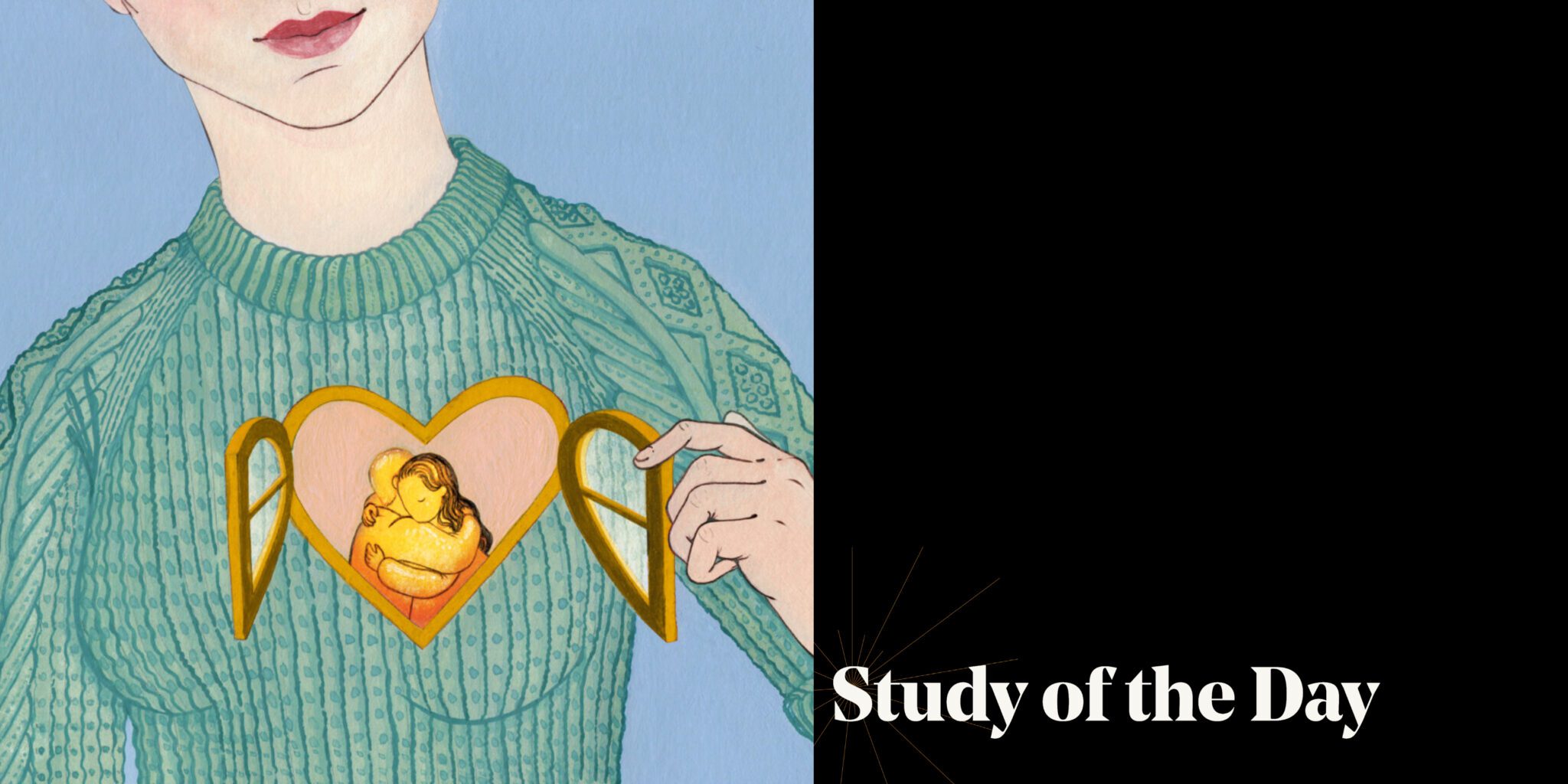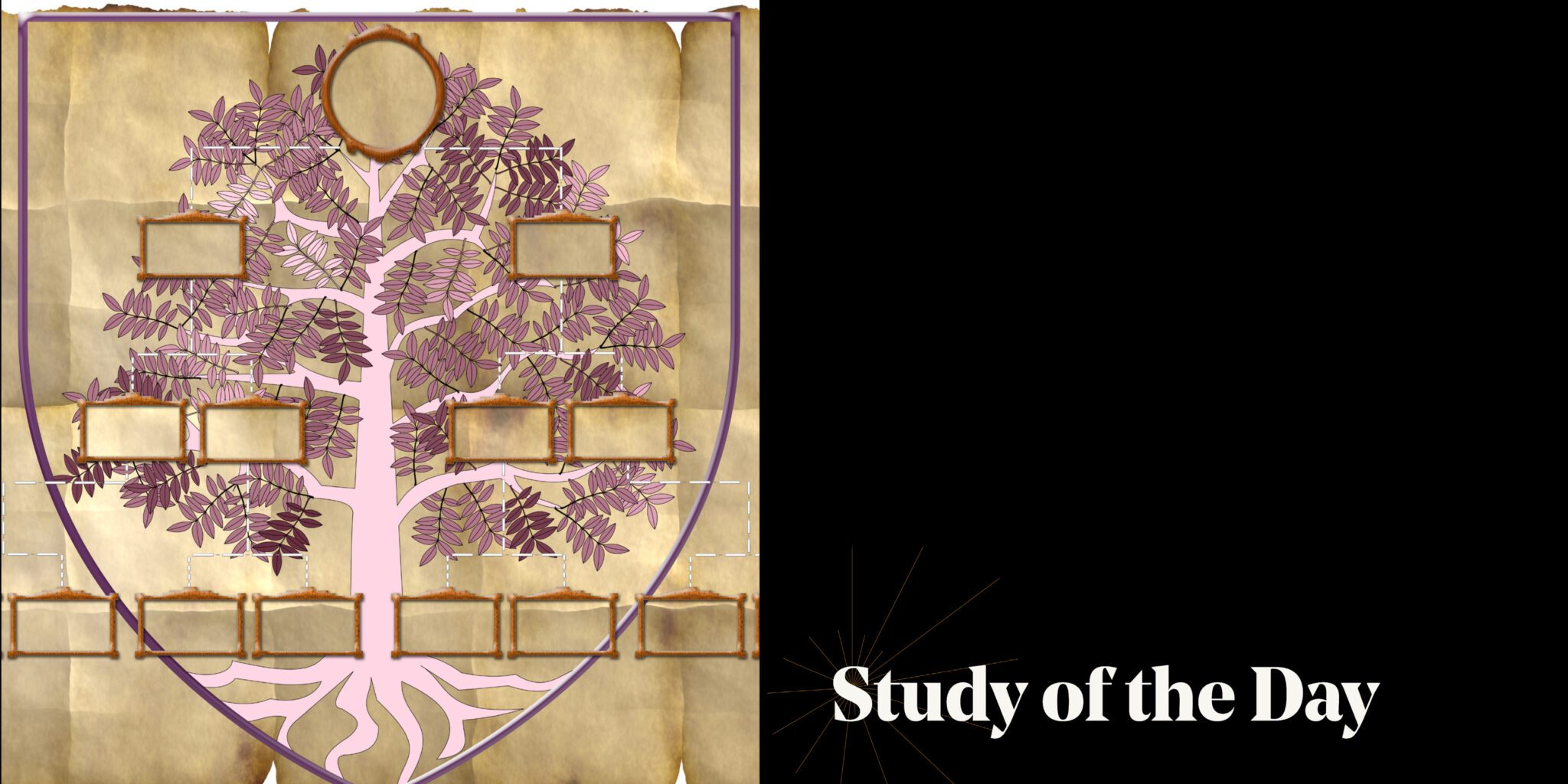In our Study of the Day feature series, we highlight a research publication related to a John Templeton Foundation-supported project, connecting the fascinating and unique research we fund to important conversations happening around the world.
“Despite a long-standing interest in the philosophical issues surrounding abortion,” University of Southampton professor Fiona Woollard writes, “once I became pregnant myself I found most of the philosophical literature dissatisfying.” Woolard’s dissatisfaction was twofold — not only had philosophers and ethicists failed to give an accurate sense of the totality of what it is to be pregnant, but Woolard herself found her own new understanding difficult to explain to people who had not been pregnant themselves.
It got her thinking about epistemically transformative experiences, a concept outlined by philosopher L.A. Paul in a 2014 article (“What you Can’t Expect When You’re Expecting”) and expanded in the 2014 book Transformative Experience. Paul argues that truly rational choice — gathering all the relevant data and weighing all the options — is not possible for experiences that will yield “knowledge that you could not have acquired without having the experience.” Such experiences could include child rearing, religious conversions, medically altering one’s mind or body, or — in the cheeky example that starts off Paul’s book — deciding to become a vampire.
In “Mother Knows Best: Pregnancy, Applied Ethics, and Epistemically Transformative Experiences,” a paper published recently in the Journal of Applied Philosophy, Woollard uses Paul’s framework to focus on the experience of pregnancy, with an eye towards what it could mean for debates on the ethics of abortion, and on the field of applied ethics more broadly. She sketches out some of the philosophical questions raised in defining pregnancy as epistemically transformative: Is its totality impossible to convey to someone who hasn’t experienced it, or merely really hard? How much, and in what ways, does the epistemic transformation experienced in an individual, unique pregnancy apply to the experience of all pregnancies?
“Being pregnant gives us new access to knowledge about what pregnancy in general is like,” Woolland writes, “and each pregnancy provides new knowledge about what that particular pregnancy is like.” Although Woolland notes that there are ways to perhaps narrow the epistemic chasm — for instance by giving close attention to multiple individuals’ narratives of their pregnancies — the experience is far richer than even the most vivid testimony or narrative can convey.
Why does this matter? Woolland sees obvious implications in the philosophy of pregnancy, birth and early motherhood, and in particular in debates on the ethics of abortion. Without a full understanding of the ways that pregnancy is different from other human experiences, ethicists are ill equipped to parse whether that difference matters and how it should be given weight. Beyond pregnancy, Woolland suggests that there are many areas of applied ethics that are tied closely to what might be considered epistemically transformative experiences, from just war theory to the duties of the affluent to respond to poverty. Such experiences may never be able to be fully understood by people who haven’t gone through them, but for philosophers, understanding there are experiences they don’t — and potentially can’t — fully understand may offer an appropriately humble step forward.
Still Curious?
Learn more about Fiona Woollard’s current research on the philosophy of pregnancy and motherhood and L.A. Paul’s ongoing work on transformative experiences.




